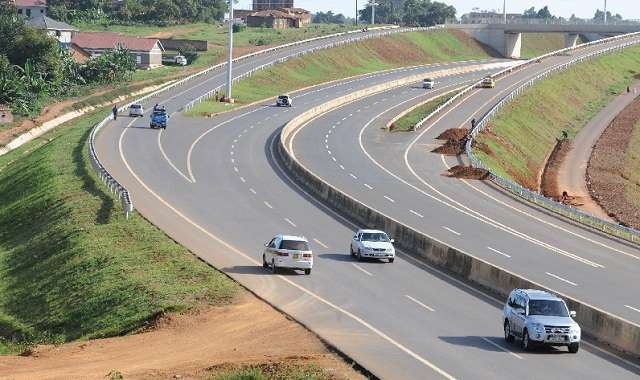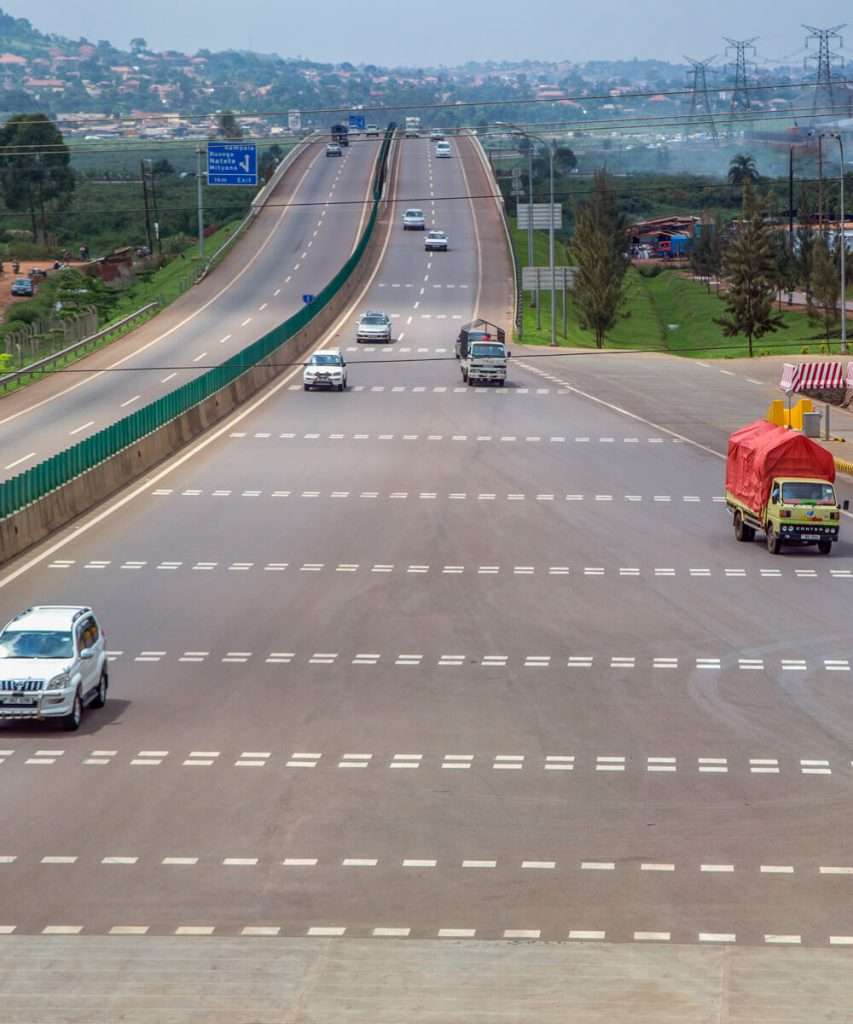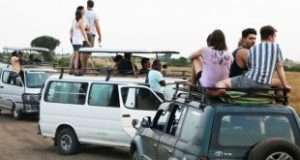Understanding Road Conditions In Uganda

Uganda is a landlocked country in East Africa and is known for its stunning landscapes, diverse wildlife, and rich cultural history. However, one of the key challenges travelers and residents alike face is the state of the roads. This post aims to provide a detailed overview of the road conditions in Uganda, exploring the infrastructure, challenges, recent developments, and tips for navigating the country’s roadways.
The Road Network in Uganda
Uganda boasts a road network that spans over 21,000 kilometers, with various types ranging from national highways to rural roads. The roads are managed by several authorities, primarily the Uganda National Roads Authority (UNRA), which oversees national and major regional roads, while local governments manage the smaller, district roads.
Types of Roads
- National Roads – These are the primary highways connecting major cities and towns. They are often paved and designed for high-speed travel.
- Regional and District Roads – These connect rural areas to towns and are crucial for local economies. Many of these roads are unpaved and can be in poor condition.
- Urban Roads – Found within cities and towns, urban roads can vary significantly in quality and are often congested.
Road Conditions
The condition of roads in Uganda can vary widely:
- Paved Roads – While major highways are generally in good condition, many can suffer from potholes, especially during the rainy season.
- Unpaved Roads – Many rural and regional roads are unpaved, which can make travel difficult. These roads may be impassable during heavy rains, with mudslides or flooding common.
- Maintenance Challenges – A lack of regular maintenance, funding issues, and heavy traffic contribute to deteriorating road conditions across the network.

Challenges Facing Uganda’s Road Infrastructure
Weather and Seasonal Changes
Uganda experiences a tropical climate with two main rainy seasons. Heavy rainfall can lead to flooding, landslides, and significant erosion, which deteriorates road quality and can render some roads impassable. Travelers should be particularly cautious during these seasons.
Traffic Congestion
Urban areas, especially Kampala, face severe traffic congestion. The roads were not designed to accommodate the current levels of traffic, leading to long delays and increased wear and tear on the road infrastructure.
Overloading and Car Maintenance
Many cars in Uganda, especially in commercial transport, are often overloaded, contributing to faster road degradation. Poor maintenance of vehicles also exacerbates the issue, leading to accidents and further road damage.
Funding and Resource Allocation
Despite efforts to improve infrastructure, funding remains a significant hurdle. Many projects are delayed or underfunded, which impacts the overall quality of the road network.
Political and Administrative Challenges
Road management involves various government bodies and local authorities, which can sometimes lead to bureaucratic inefficiencies. Coordination among these entities is crucial for timely maintenance and repairs.
Recent Developments and Improvements
Government Initiatives
The Ugandan government, recognizing the importance of road infrastructure for economic development, has undertaken several initiatives to improve road conditions:
- Road Rehabilitation Projects – UNRA has launched various rehabilitation projects aimed at upgrading major roads, particularly in urban areas.
- Public-Private Partnerships (PPPs) – To supplement government funding, there are efforts to engage private sector participation in road construction and maintenance.
- Use of Technology – The introduction of technology in monitoring and managing road conditions is gaining traction. Tools such as mobile applications and GPS are being used for better route management.
International Aid and Support
Various international organizations and donor countries have contributed funds and expertise to improve road infrastructure in Uganda. Projects funded by the World Bank and African Development Bank are crucial in enhancing road conditions.
Tips for Driving On Uganda’s Roads
Planning Your Journey
- Check Road Conditions – Always check the latest road conditions and weather forecasts before traveling. Local news sources and social media can provide real-time updates.
- Choose Your Car Wisely – If traveling to rural areas, consider using a 4×4 car, especially during the rainy season. This will ensure better traction on unpaved roads.
- Travel During Daylight – It’s advisable to travel during the day, as nighttime travel can be hazardous due to poor road conditions and limited visibility.
Local Knowledge
- Ask Locals for Advice – Locals often know the best routes and current road conditions. Engaging with them can provide valuable insights.
- Follow Traffic Rules – Obey to local traffic laws and regulations, including speed limits and seatbelt use, to ensure safety on the roads.
Be Prepared
- Emergency Kit – Carry an emergency kit in your car, including water, food, a flashlight, and first aid supplies.
- Plan for Delays – Given the potential for road issues plan for extra travel time, especially on long journeys.

The road conditions in Uganda present both challenges and opportunities for travelers and residents alike. While important strides are being made to improve infrastructure, understanding the current state of the roads is important for safe and efficient travel. By staying informed, planning, and being adaptable, you can navigate Uganda’s road network more effectively and enjoy the beauty and culture that this remarkable country has to offer. Whether you’re embarking on an adventurous road trip or commuting within urban areas, a proactive approach will improve your experience in Uganda.
To rent a car with a driver in Uganda, self drive Uganda adventure, or book an Uganda car rental service today, contact us now at info@fkcarrentaluganda.com, faisalkim805@gmail.com, or call us now at Airtel;– (+256-707457134 ), Whatsapp;– (+256-774784213) to speak or chat with our friendly reservations team.




